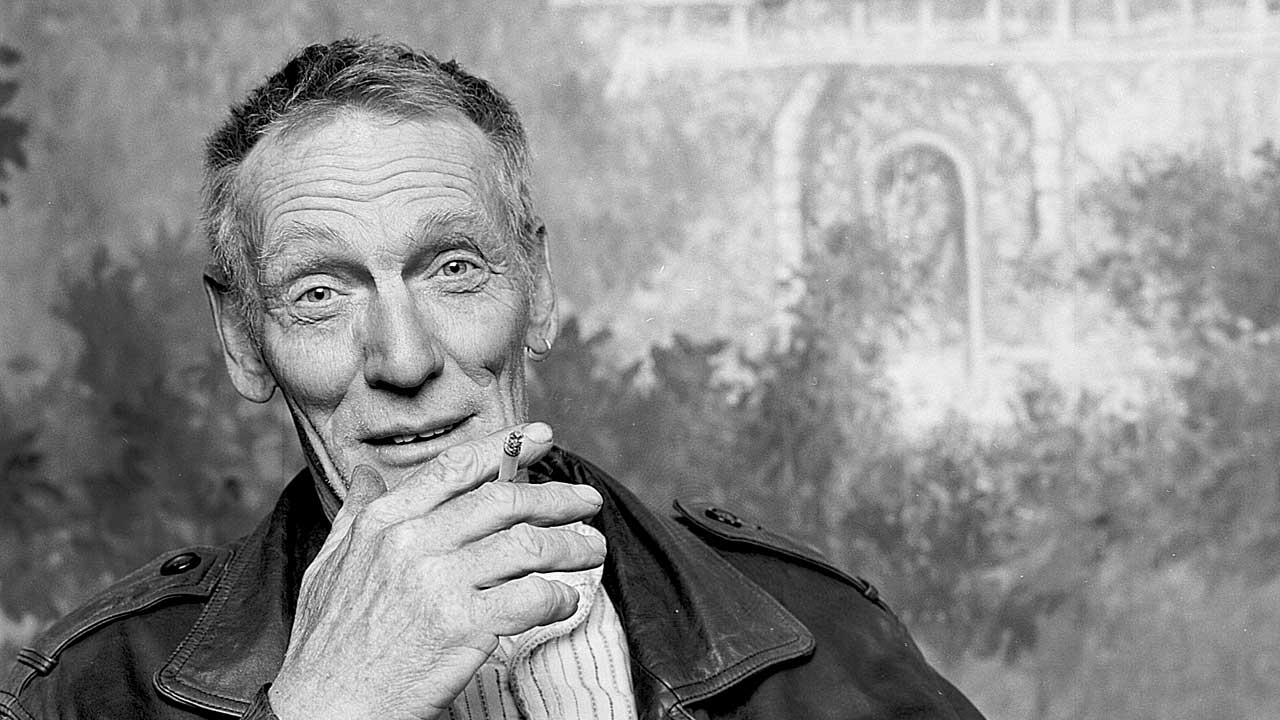
www.optimistdaily.com
Paris 2024 Olympics: 8 highlights & viral moments that captivated the world
BY THE OPTIMIST DAILY EDITORIAL TEAM
The Paris 2024 Olympics brought together athletes from all across the globe, demonstrating sport’s ability to connect and inspire. Over 16 days, the world witnessed incredible athletic accomplishments, heartwarming demonstrations of sportsmanship, and unforgettable moments that encapsulated the essence of the Games. From record-breaking performances to unexpected viral stars, the Paris Olympics left a rich tapestry of memories. It’s hard to believe that the Games have already come to a close. Let’s take a look back at some of the most memorable highlights and viral moments from this year’s event.
Team USA’s record-breaking performance
Team USA once again demonstrated its supremacy on the global scene, winning an amazing 104 medals, including 30 gold, 38 silver, and 36 bronze. Notably, on July 31, the United States became the first country to win more than 3,000 Olympic medals in both the Summer and Winter Games, highlighting the country’s constant athletic success.
Gymnastics: the year of redemption and triumph
The Paris Games were a remarkable year in both men’s and women’s gymnastics. The United States women’s gymnastics team, led by Simone Biles, won gold in the team competition, capping off what they dubbed their “redemption tour” following Biles’ surprising withdrawal from Tokyo 2020. Biles, widely regarded as the greatest of all time (G.O.A.T.), contributed to her legacy with gold medals in the individual all-around and vault competitions, as well as a silver in the floor exercise.
Suni Lee’s return to the Olympics after overcoming kidney disease was truly remarkable. She won bronze medals in the individual all-around and uneven bars, putting her among the best American female gymnasts of all time. Jade Carey and Jordan Chiles also made an impression, with Carey receiving bronze in vault and Chiles winning bronze in the floor exercise following a successful appeal by her coaches.
On the men’s side, the American team of Paul Juda, Frederick Richard, Asher Hong, Stephen Nedoroscik, and Brody Malone broke their 16-year medal drought by winning bronze in the team event. The “pommel horse guy,” Nedoroscik, won the hearts of spectators all across the globe when he won bronze in his specialty.
Swimming: Ledecky’s legacy, Marchand’s revenge
Katie Ledecky’s performance in Paris cemented her position as America’s most decorated female Olympian, with 14 gold. Her Paris haul included golds in the 800m and 1500m freestyles, a silver in the 4x200m relay, and a bronze in the 400m freestyle. Ledecky’s accomplishments were highlighted by a new Olympic record in the 1500m freestyle, and she was selected to carry the Team USA flag at the Closing Ceremony.
Leon Marchand, a 22-year-old swimmer who practices with Michael Phelps’ former coach Bob Bowman, garnered headlines for his miraculous return following a poor Tokyo debut. Marchand won four gold medals and set a record in the 200m individual medley at the Paris Olympics, confirming his place as one of the sport’s rising stars.
Track and field: victories and setbacks
American sprinter Noah Lyles lived up to much of the expectations surrounding him, winning gold in the men’s 100m despite catching COVID-19 during the Games, which impeded his bid for a double gold medal. Despite winning just bronze in the 200m, he demonstrated his resilience by withdrawing from the men’s 4x100m relay owing to the severity of his symptoms.
Following her disqualification from the Tokyo Games, Sha’Carri Richardson made a remarkable return in her Olympic debut, earning a silver medal in the 100m and gold in the women’s 4x100m relay. Gabby Thomas also shone brightly, winning gold in the women’s 200m with a scorching 21.83 seconds.
The Refugee Olympic Team’s historic achievement
The Refugee Olympic Team, established by the International Olympic Committee (IOC) in 2015 to highlight the global refugee crisis, has grown significantly, with 37 athletes competing in Paris. Boxer Cindy Ngamba made history by capturing the team’s first medal, a bronze, representing hope and resilience for millions of displaced people around the world.
Fencing: a first for Team USA
American fencers Lee Kiefer, Lauren Scruggs, Jackie Dubrovich, and Maia Weintraub made history by capturing the United States’ first-ever gold medal in team foil, a remarkable accomplishment given that the country had competed in fencing since 1904. The victory was especially sweeter since Kiefer and Scruggs won gold and silver, respectively, in the first all-American final in the women’s foil individual event.
Basketball: continuing a legacy of domination
The United States women’s basketball team extended their unprecedented Olympic winning streak to 61 games by defeating France in the final this past Sunday. They have been successful in continuing a domination that dates back to 1992. This year’s squad, which includes seasoned veterans as well as rising stars, has demonstrated exceptional collaboration and resilience, cementing their position as the dominant force in women’s basketball.
Snoop Dogg, the unexpected star of the Games
In an unexpected twist, rapper Snoop Dogg became one of the most talked-about individuals at the Paris Olympics. As a special correspondent for NBC, Snoop brought his characteristic comedy and passion to the programs, whether he was cheering for Team USA, swimming with Michael Phelps, or overcoming his horse fear with Martha Stewart. His participation adds a fresh and amusing element to Olympic coverage, and many are already hopeful he will return for the 2028 Games in Los Angeles.
The Paris 2024 Olympics featured amazing moments of triumph, resilience, and unity. As the globe thinks about these Games, the Olympic spirit continues to inspire, reminding us of the strength of endurance and the delight of working together to achieve success. With Los Angeles 2028 on the horizon, excitement for more exceptional exploits is already mounting.The post Paris 2024 Olympics: 8 highlights & viral moments that captivated the world first appeared on The Optimist Daily: Making Solutions the News.
















